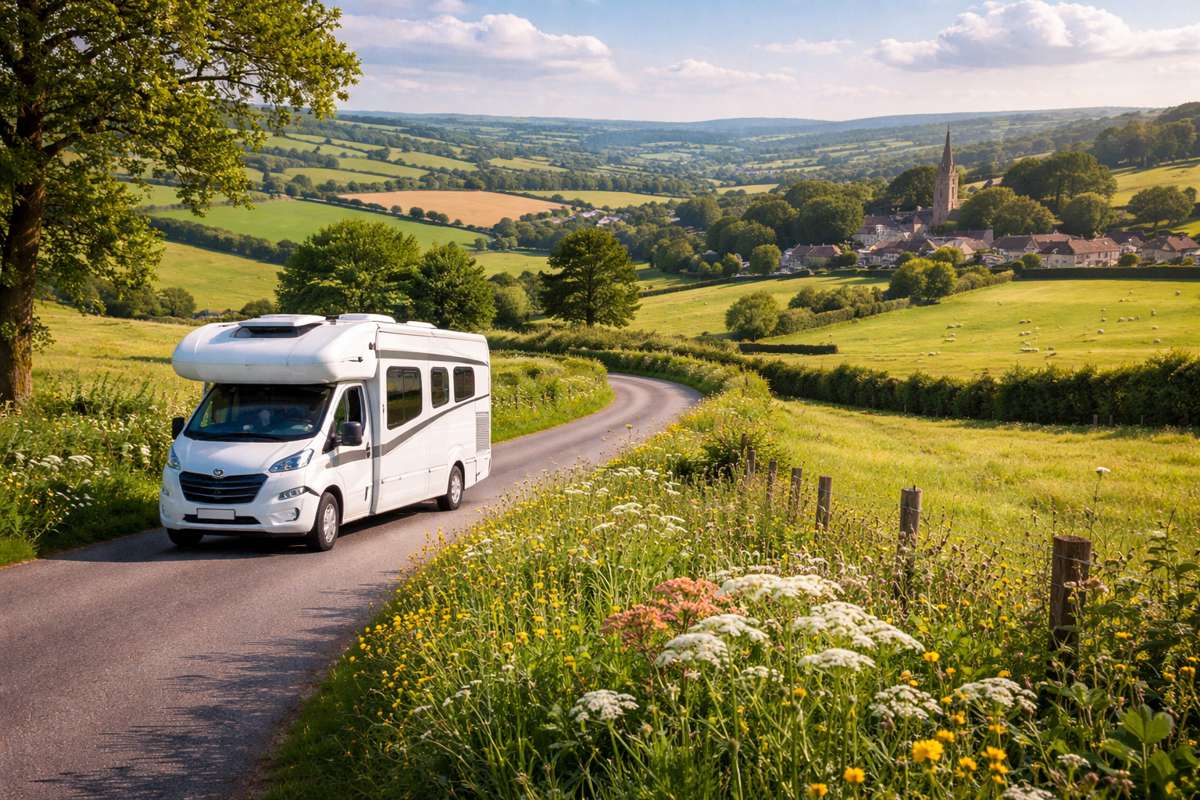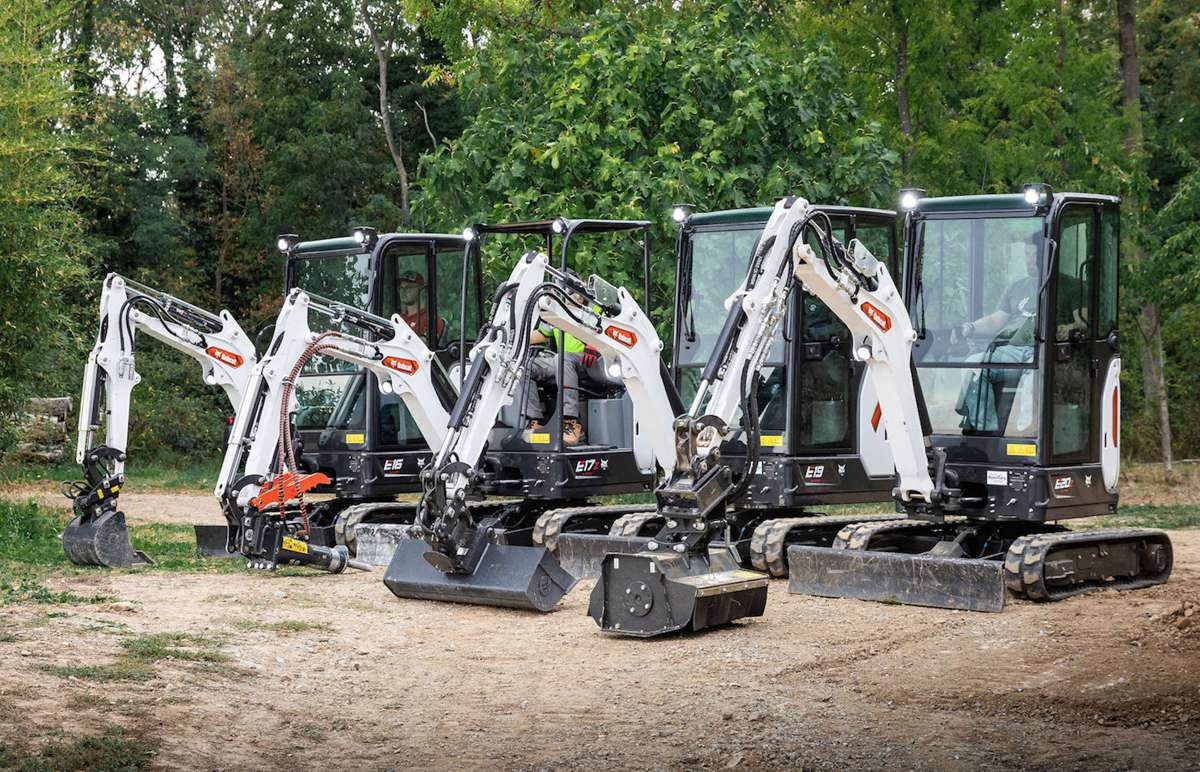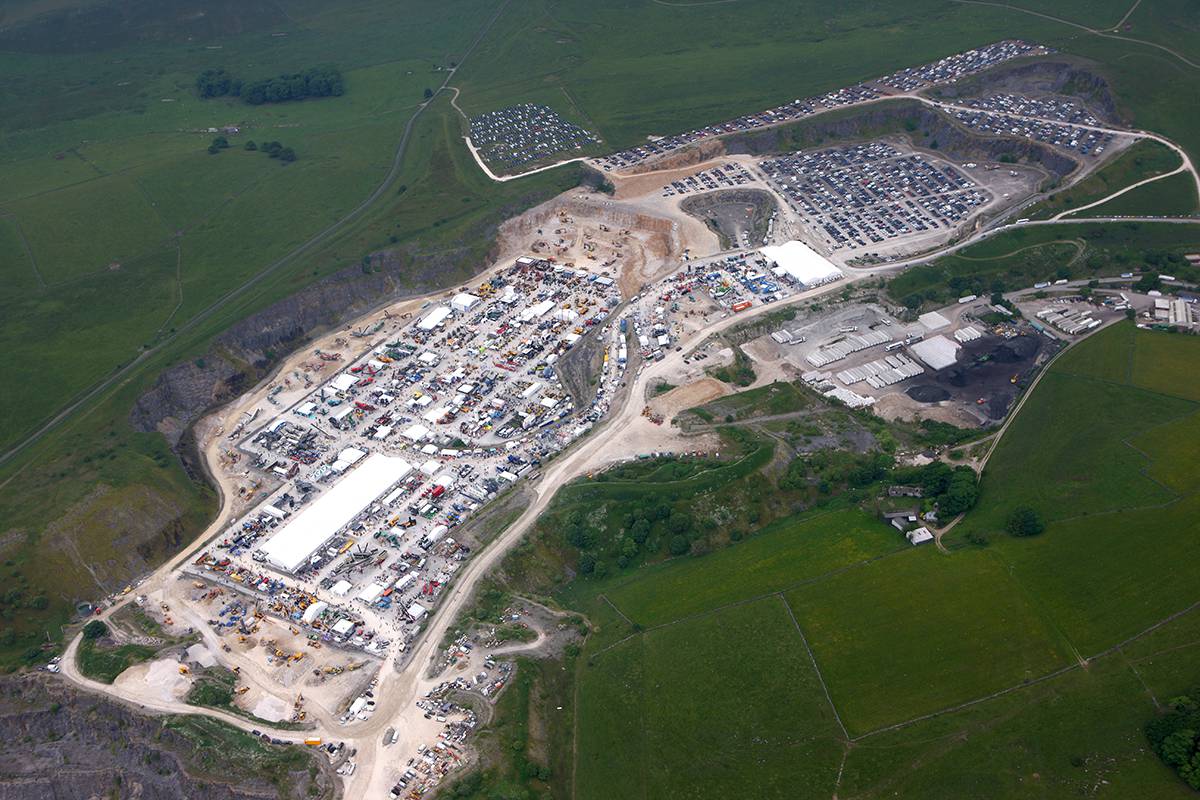Survey finds 65 percent of Londoners changed vehicles due to the Ultra Low Emission Zone
A recent survey undertaken by Motorbike insurer Bikesure of 1,000 commuters in London set out to find how the Ultra Low Emission Zone (ULEZ) had impacted them, in reflection to their previous annual ULEZ Survey conducted in 2019.
Even though the ULEZ has been temporarily suspended to support key workers during the Covid-19 pandemic, this survey explored the real changes the ULEZ has made on the lives of London commuters, one year on.
In Bikesure’s most recent report titled, ‘ULEZ Survey 2020’, respondents were asked whether they changed their usual mode of transport once the ULEZ was introduced on 8 April 2019.
The survey revealed that: 65.3% of Londoners have actually changed their usual mode of transport.
2019 versus 2020
When comparing these figures to Bikesure’s previous ULEZ survey, the data shows that last year, 37% of commuters had already changed their usual mode of transport before the ULEZ was introduced.
A further 46% of commuters were planning to change their usual mode of transport once the ULEZ was introduced, meaning that 82.1% of commuters either had already changed or were going to change their usual mode of transport.
However, only 65.3% of Londoners changed the way they travel, which is lower than anticipated.
Time frame for transport changes
As part of the survey, respondents were asked to clarify when they changed their vehicles.
The survey found that most Londoners changed their vehicles 1-3 months after the ULEZ was implemented, while more than a quarter changed before the ULEZ was implemented on 8 April 2019. In fact:
- 28.3% changed before the ULEZ was implemented on 8 April 2019
- 45.2% changed 1-3 months after the ULEZ was implemented
- 19.9% changed 4-6 months after the ULEZ was implemented
- 4.0% changed 7-9 months after the ULEZ was implemented
- 2.6% changed 10+ months after the ULEZ was implemented
Transport and vehicle changes
As part of the survey, commuters in London were given a multiple choice question to see which combination of transportation modes and services they changed to after the ULEZ was introduced on 8 April 2019. The survey showed that:
- 64% of those who changed their usual mode of transport now use public transport
- 43.5% of those who changed their usual mode of transport now walk
- 22.8% of those who changed their usual mode of transport now use a low-emissions car
- 19.6% of those who changed their usual mode of transport now use a low-emissions motorcycle or scooter/moped
- 17% of those who changed their usual mode of transport now use a push bike
Commuter opinions on the ULEZ
Among the questions, respondents were also asked how they felt about the ULEZ. This year, the number of people who thought the ULEZ is a good idea has slightly decreased since last year. In fact:
- This year, 44.9% of people thought the ULEZ was a good idea and were glad it was brought in, compared to 47% of people who thought the same last year
There has also been a slight decrease in the amount of people who understood the reasons behind the ULEZ, but couldn’t help but feel frustrated by it:
- This year, 43.2% can understand the reasons, but can’t help but feel frustrated by it, compared to 44.6% of people who felt the same last year
Last year, only 7.8% thought the ULEZ was a bad idea, while this year, that figure has risen to 11.3%.
Impact of the ULEZ on commuters
As part of the survey, commuters in London were given a multiple choice question to find out how the ULEZ has affected them. The survey showed that:
- 31.1% said that the ULEZ doesn’t affect them
- 26.7% can’t afford to drive/ride in the ULEZ anymore
- 23.7% drive/ride in the ULEZ zone less than they used to
Interestingly, more than a quarter of Londoners can’t afford to drive/ride in the ULEZ anymore.
The London ULEZ expansion
Commuters in London were also given a multiple choice question about the ULEZ expansion, in which the Ultra Low Emission Zone (ULEZ) will expand to the North and South Circular roads in 2021.
30.9% of people said that they won’t be able to afford to drive/ride in London anymore, suggesting that even more people will be affected financially. Furthermore:
- 35.1% of Londoners said that it won’t make a difference to them
- 25.3% will drive/ride in London less than they do now
- 12.8% will change to a low-emissions mode of transport
Robert Balls, Bikesure Business Manager said: “It’s quite telling that over 30% of people say they won’t be able to afford to drive or ride in London after the expansion. Will they be able to rely on public transport? If public transport doesn’t suit their needs and cost is a real factor for those people, then they’re unlikely to be in a position to purchase a Euro 4 (or 6) engined car, so they may well consider scooters and other motorcycles for their personal transport across the city. It will be very interesting to see how different the city’s roads will look at the start of 2022 compared with the start of 2020.”





























